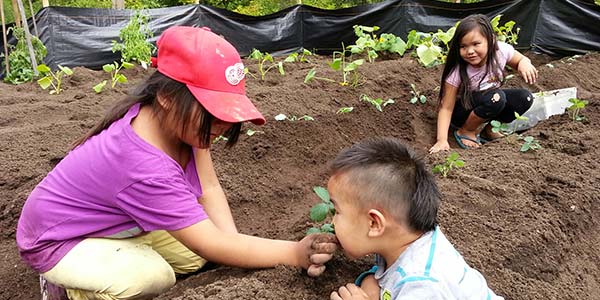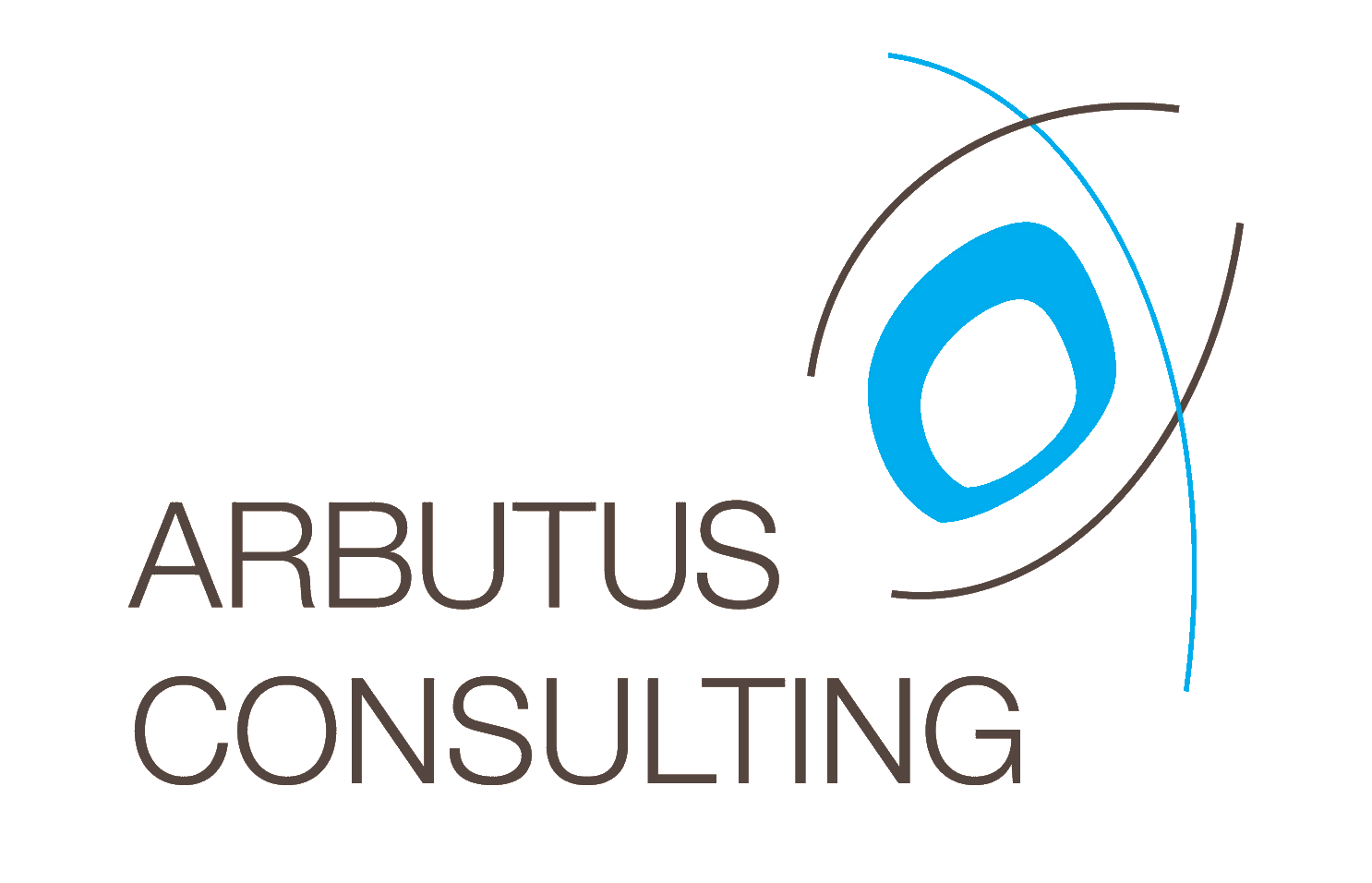Community, stakeholder and government relations
At Arbutus, we support our clients with leading practices for Indigenous, public and government engagement on projects, program development, policy and regulatory processes. We help build engagement strategies that are appropriate to the nature and size of the initiative and suited to community priorities, with a focus on establishing enduring relationships with mutual benefit.
We advise and support our clients whether they are participating in or leading the engagement process for regulatory assessments in land & resource management initiatives, the clean energy, mining, oil & gas, transportation and infrastructure sectors and across diverse jurisdictions across Canada. Arbutus’ experience includes managing or supporting public and Indigenous engagement processes and studies for permitting and environmental assessment, land and resource planning, compliance and monitoring, and government-to-government processes.
Arbutus’ advisors also help clients develop their internal capacity, and align their internal systems for successful project/program implementation.

Environmental assessment and permitting

Arbutus provides consultation and engagement services to effectively lead, participate or intervene through all phases of environmental/impact assessments and permitting processes. We have worked on numerous major project assessments and permitting processes in the renewable energy, mining, oil & gas and infrastructure sectors.
The role of Indigenous nations, their rights and interests, has expanded in the new Canadian Impact Assessment and British Columbia Environmental Assessment processes and the implementation of the United Nations Declaration on the Rights of Indigenous Peoples (UNDRIP) by the federal and British Columbia governments. The identification of Indigenous valued components and potential issues is now conducted early in the process, requiring readiness at the outset and a strategy for addressing them effectively. Indigenous nations in British Columbia also are exercising consent-based decision making vis-à-vis provincial and federal governments.
Our services include:
- Strategic counsel and representing clients in negotiations for various types of agreements: EA/IA agreements, letters of intent, memorandums of understanding, project/impact benefit agreements
- Developing and advising on regulatory strategy
- Review of project descriptions, information requirements/terms of reference, and assessment applications
- Early identification of Indigenous and Treaty rights and interests, legal orders, and decision process preference
- Characterizing and raising the profile of important community values, land and resource priorities
- Applications for participant or intervenor funding from regulators and funding agreements with proponents
We also offer training and seminars on the environmental/impact assessment (EA/IA) processes.
Indigenous, federal and provincial policy
Arbutus supports our clients in the development and implementation of internal policies and procedures related to lands and resources, and in the review, comment and submissions on proposed government policies and legislation.
The starting point is understanding and characterizing our clients’ important values, mandates and priorities relative to new policy initiatives – and supporting them to elevate those interests.
Some examples of our work include:
- Indigenous policies and procedures: natural resources, land and resource use, consultation, cultural heritage, organizational effectiveness.
- Review of government policies and legislation: environmental/impact assessment, mining, compliance & enforcement, monitoring & reporting, coal effluent regulations.
- Corporate sustainability and Indigenous policies and programs.

Land/resource use planning and management
Land use plans can be effective for sustaining Indigenous communities, culture and economies in the broader context of optimizing ecosystem and economic health. We are experienced in government-to-government and regional land use planning in British Columbia, and working in these regions after land use plans are implemented.
We work with our clients to:
- Characterize and prioritize important values, traditional and current uses.
- Achieve community, land & resource and environmental objectives for their important values.
- Ensure the client’s aspirations, objectives and interests are fully represented in the final plan.

Indigenous-corporate agreements

Indigenous nations, companies and governments often find value in establishing agreements (e.g. protocol agreements, MOUs, IBAs) to manage their shared and respective objectives. Our advisors have several years of experience in negotiating, implementing, and monitoring agreements intended to:
- Increase understanding and develop a working relationship between the parties.
- Secure lasting mutual assurances by addressing priority areas of each party.
- Maximize socio-economic and environmental outcomes, and mitigate the potential to negatively impact environmental and/or socio-economic conditions.
- Produce tangible, meaningful benefits for all parties.


